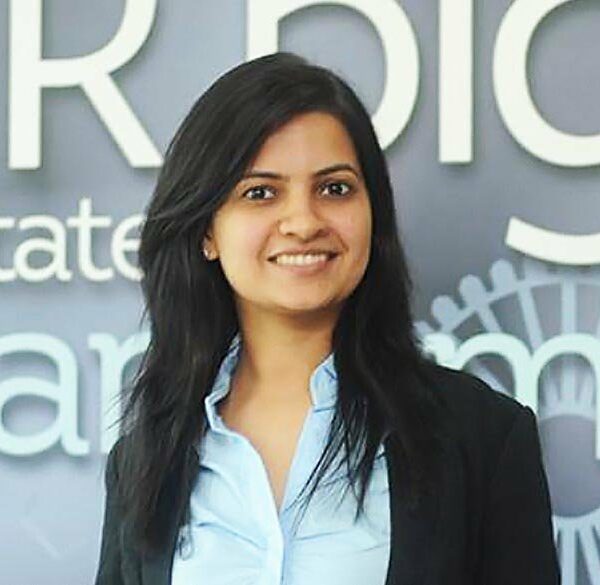The debate of technology as a boon or a bane is eternal. While we may talk about it invading our privacy on social media but one certainly cannot deny the joy you get talking to your mum on Skype sitting miles away!
Technology is inevitable. We CANNOT go back to the days where there were no traces of it.
But it’s not just about the positives and negatives. Technology is more than just a thread connecting people.
When it is able to seep through distances, locations and time, its usage and need is manifold. It gives voice to the millions who could never speak or were not allowed to. A girl unites with her family after years. Or the fact that my family can track my location when it comes to my safety. Likewise there are numerous instances to present in favour of the century’s greatest invention!
But the real potential of technology can be truly realised in the health sector. It can be best utilised here. And one such remarkable work has been done by a researcher at John Hopkins University, USA.
‘Gyan Jyoti’ the app developed at John Hopkins is intended to help women gain knowledge about contraception.
It is primarily targeted at rural women in countries like India where illiteracy and sex education go hand in hand. In rural societies, marriage at an early age is seen as a way to have more kids by poor families, for whom children, male preferably act as helping hands and future breadwinners more than anywhere else.
Often most pregnancies are a result of little knowledge when it comes to contraception. It’s not a rocket science. Someone who is not able to write anything beyond their name might not possess the know-how when it comes to medicine and healthcare.
Statistics presented by Ministries, think tanks and NGOs show records of how low is the awareness when it comes to contraception in the rural side of our country. Tied with this are complications that arise during and post pregnancy for women.
The app has been used in the state of Bihar and has produced positive changes so far. There has been a significant rise in the number of women who are likely to use contraceptive methods.
Sanjanthi Velu, Asia team leads the Johns Hopkins Centre for Communication Programs (CCP) says, “women who watched videos on the app were 4.5 times more likely to use modern contraceptive methods than those who did not”.
For people who are illiterate, vocational education or educating through audio or visual means are the only options. And keeping this in mind, the app shows related videos to women and also offers them counselling regarding the same. Lately, the application of technology in the health sector has been praiseworthy. Be it creating databases for blood donations, online counselling, or fast delivery of medicines.But to come up with something that can bring about significant changes in family planning, takes it to a notch higher.
The rate of success and its efficacy can be much higher if its implementation is done appropriately. Not to forget the role played by the social sector is of paramount importance here. Engaging women into such conversations might be a little difficult but certainly not impossible. Creating a comfortable atmosphere to initiate such conversations will also lead to women clearing their doubts or misconceptions regarding the same.
Sustained use of such means can lead to revolutionary changes in a country that is on its way to become the world’s most populated country. Certainly nobody is unaware of the implications that entails.
One just hopes to see many such initiatives that are directed towards the needs of women. After all, a healthy woman means a healthy family!












